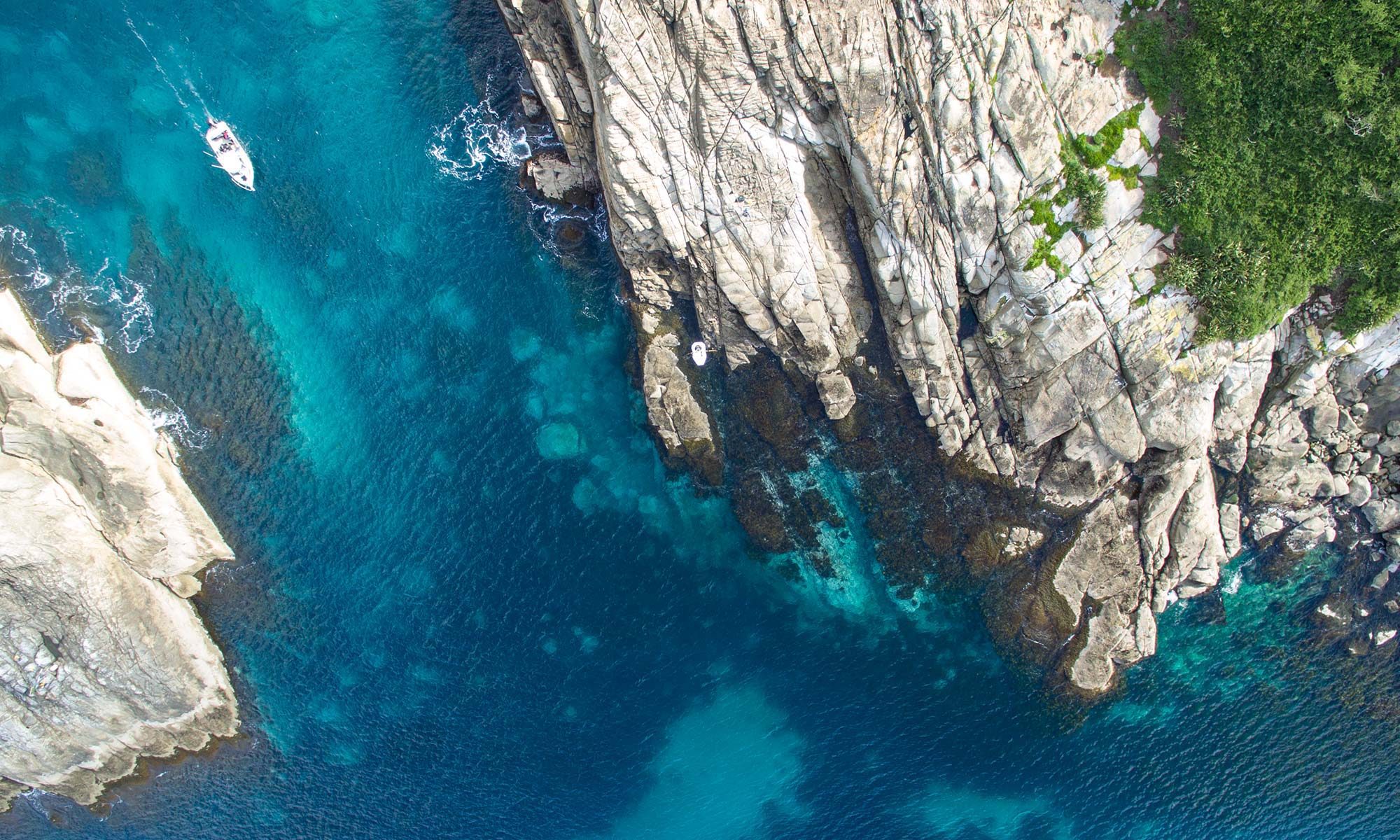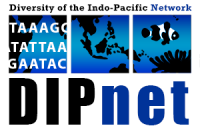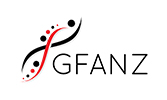Ira Moana – Genes of the Sea
The Ira Moana Project is enabling a collaborative network of scientists to deliver a searchable metadatabase for our genetic and genomic data (from both old and next-generation sequencing techniques, for terrestrial and marine critters, as well as environmental samples).
The metadatabase will ensure the kaitiakitanga of our data, linking sequences with sample information – such as location, habitat, and date of sampling events – creating opportunities for data synthesis, managing data re-use, and informing our future research directions.
Why do we need the Ira Moana Project?
The Ira Moana Project is founded in concern for our marine environment. New Zealand is a marine nation – we have one of the largest exclusive maritime economic zones in the world, sustaining our lucrative marine and tourism industries, and providing significant recreational and social benefits for New Zealanders. Nationally, and as a global citizen, we are under increasing pressure to make informed decisions regarding commercial and recreational activities, and how they can be balanced with the protection of our marine ecosystems. Such decisions of environmental, economic, and societal impact need to be transparent and based on robust information, including knowledge about biodiversity that stretches from ecosystems to genes.
For decades New Zealand scientists have been collecting DNA samples and genetic data for hundreds of our marine species, informing population management and biodiversity assessments. These data could now be used to inform multispecies spatial conservation planning and thereby the sustainable management of our marine resources. Synthetic analyses of these data, however, are not yet possible because there has been no concerted effort toward the curation and stewardship of this valuable data resource. While funding agencies and publishers advocate deposition of genetic data in open-access repositories, they do not require the deposition of standardised metadata such as the number of individuals sampled, habitat, sampling location, and date and timing of sampling event. This ‘metadata gap’ means that information essential for multispecies analyses, and spatial conservation planning is not readily available.
Providing the where, when, who, what and how of genetic data
The Ira Moana Project is addressing the metadata gap. Our goal is for the Ira Moana Database to be the most comprehensive national database of marine (and hopefully also terrestrial) genetic data in the world, creating novel opportunities for quantitative data synthesis and spatially explicit conservation approaches. Furthermore, the Ira Moana Database will enable our scientists to share information regarding DNA samples and genomic resources, so that critical research gaps may be evaluated, and valuable future research directions informed.
What does Ira Moana mean?
The Māori phrase ‘Ira Moana’ could be interpreted as meaning ‘ocean genes’ or ‘dot in the ocean’. Both seem appropriate when thinking about the scale of DNA in the vastness of the ocean. The use of te reo resonated with us as our project is uniquely New Zealand, as is the Māori language. Yet, ‘moana’ is used to describe the ocean by many Pacific nations, reminding us of the connections our biodiversity has with the wider Pacific region. Although the name alludes to a marine theme, the project is open to all things freshwater and terrestrial. Arguably, all genes that reside in New Zealand have had to pass over, or through the oceans, at some point – we are truly an ocean nation.
Still have questions or some suggestions?
See our FAQs, provide feedback, or contact the Project Coordinator.
Join us
We’re building the database – you can contribute too.





